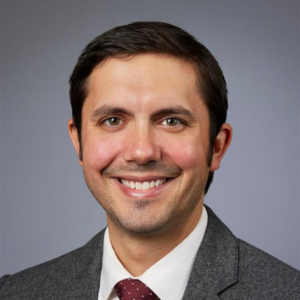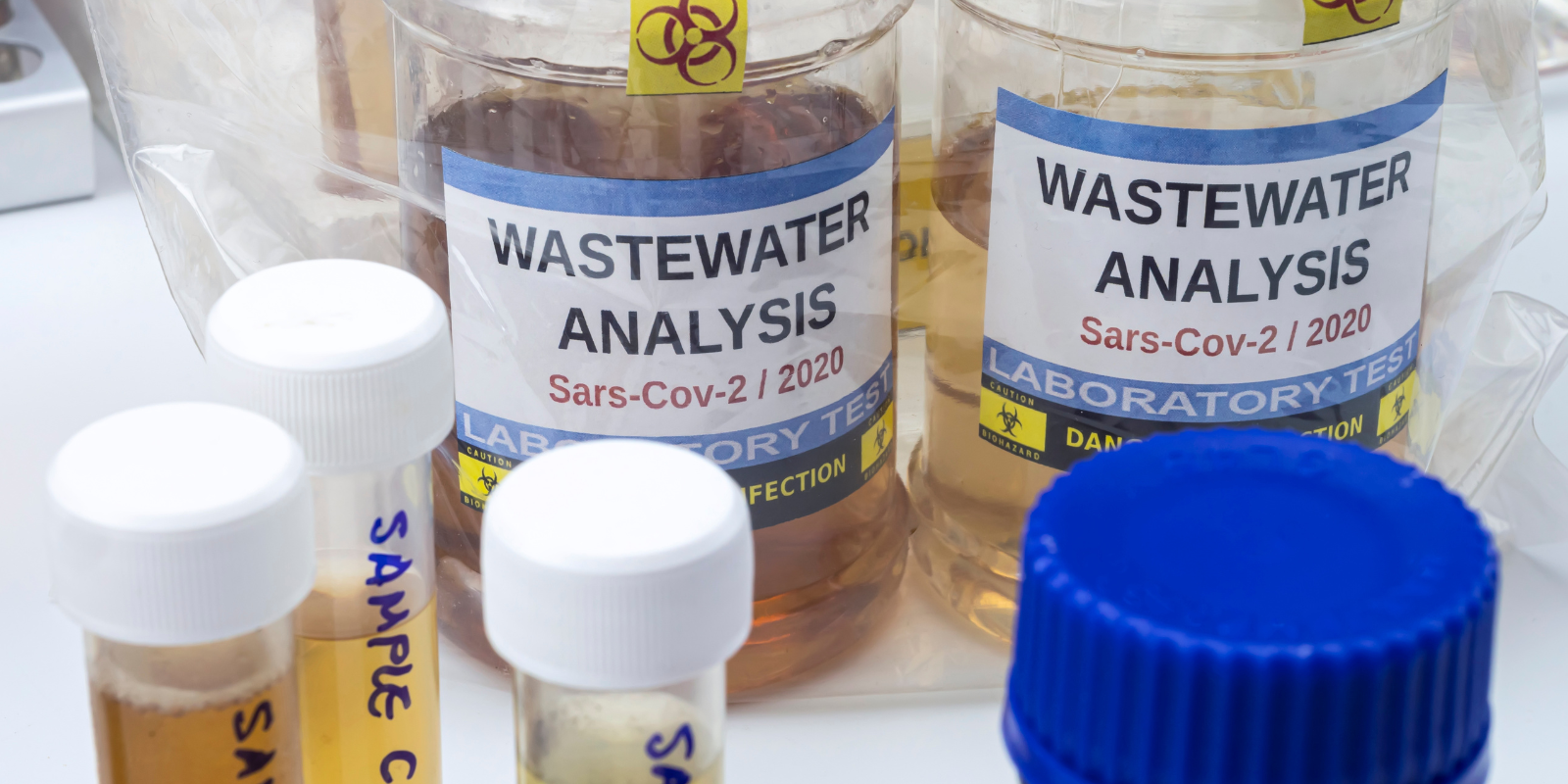At first, Paul Christine, MD, PhD, thought he was getting punked.
He’s a young doctor at Denver Health and first-year faculty member at the University of Colorado Department of Medicine, and in his in-box was a message from U.S. Senate staffers wanting to talk. They said they wanted his expertise on how federal health programs could improve care for people with substance use disorders.
“When I got the email, I forwarded it to colleagues, and I said, ‘I don’t think this is real.’ I have published some on Medicaid policy as it relates to treatment for opioid use disorder, and I actively practice in this area. But I’m very junior, and so I literally thought it was a joke,” Christine says. “One of my mentors said, ‘That looks real. You should respond.’ ”
Soon it got even more real. A Zoom meeting with the congressional staffers to discuss the issue was followed by an invitation to come to Washington, D.C., to testify before a Senate subcommittee.
“I asked them directly, ‘Why me?’ And they were very supportive. They told me they liked the way I was able to draw connections between the very big policy issues and the way they directly impact care for my patients. They appreciated having clinical insights into how policy influences practice.”
Eight days to prepare
Christine, an assistant professor in the Division of General Internal Medicine, found himself sitting before a panel of senators recently, testifying with other experts at a hearing of the Senate Finance Committee’s Subcommittee on Health Care titled “Closing Gaps in the Care Continuum: Opportunities to Improve Substance Use Disorder Care in the Federal Health Programs.” Among the senators at the hearing that day was U.S. Sen. Michael Bennet of Colorado.
→ Video: Watch the U.S. Senate subcommittee hearing on substance use disorder
Christine had only eight days to prepare his written and oral testimony after getting the invitation. “I had to put everything else on hold,” he says. “I was like, ‘OK, this is my full-time job for the next week.”
Despite his junior status, Christine brought extensive research and clinical experience with him to the nation’s capital.
He is a board-certified addiction medicine specialist who practices at Denver Health’s Sam Sandos Westside Family Health Center, where he works as part of a multidisciplinary team to provide comprehensive treatment for individuals with substance use disorders. His research focuses on evaluating health and social policies that affect the availability of high-quality care for people with substance use disorders, particularly for those enrolled in Medicaid and other safety-net programs. He also delves into testing innovative approaches to improve addiction care.
Christine says he is passionate about researching and promoting policies that improve health care equity and outcomes for substance use disorder patients. In April he co-authored an opinion column in The Colorado Sun, an online news outlet, on how proposed federal legislation would help rural Coloradans get greater access to opioid addiction treatment.
 Paul Christine, MD, PhD, testifies before the Senate Finance Committee’s Subcommittee on Health Care in Washington, D.C. Photo courtesy of the U.S. Senate.
Paul Christine, MD, PhD, testifies before the Senate Finance Committee’s Subcommittee on Health Care in Washington, D.C. Photo courtesy of the U.S. Senate.
Key takeaways
The Senate hearing was called amid a serious and growing crisis. According to the National Institute on Drug Abuse, nearly 108,000 people in the United States died from drug-involved overdoses in 2022, twice as many as in 2015. Of those deaths, 74,000 involved synthetic opioids other than methadone, primarily fentanyl. Opioid use disorder -- chronic use of opioids causing clinically significant distress or impairment – affects more than 2 million Americans.
Christine says there are a couple of key points that he hoped the senators took away from his testimony.
“One is that we should be keeping federal insurance barriers to treatment for addiction as low as possible. There are policies in place within Medicaid and Medicare that put up barriers where they don’t need to be. I talked about prior authorization policies for medications for opioid use disorder. Those policies continue to be enforced in a lot of states, particularly in Medicaid managed care programs, and it’s directly in the federal government’s ability to say, ‘OK, no more of this.’ In fact, Medicare has already done that.”
Paying for what works
The second key takeaway in his testimony, he says, “is paying for what works. Addiction treatment by its nature is very collaborative and multidisciplinary, and yet a small fraction of what we do is actually reimbursable, and many of the programs that we know work well are entirely grant funded, which is temporary. Take, for instance, peer support services, where people who are in recovery from drug use help current patients navigate the treatment system and social services. We know that there are really effective models of this. And yet, most state Medicaid programs won’t pay for that. And that leaves a lot of patients in the lurch.”
In his testimony, he cited contingency management for stimulant use disorder as another example of paying for what works. Contingency management is “a structured rewards program for keeping people engaged in treatment. But there are federal limits on how much we can spend that are far below what published research shows are effective levels.”
→ Studying the Connection Between Empathy and Substance Use in Adolescents
Overall, he says, “there needs to be a standardized process through the federal health programs to evaluate the evidence, figure out what works well, and then pay for it.”
Christine says he felt the senators were “very receptive” to his message at the hearing. He noted that his invitation to testify came from staffers from the subcommittee chairman, Sen. Benjamin Cardin of Maryland, a Democrat, and its ranking Republican, Sen. Steve Daines of Montana.
“Fortunately, around the issues of substance use, there is a decent amount of bipartisanship. People recognize that the overdose crisis is a major issue. It doesn't matter if you're in a right-leaning or left-leaning state. This is impacting everybody, and they seemed to genuinely want to come up with some solutions.”
Photo at top: Paul Christine, MD, PhD (right) testifies before the Senate Finance Committee’s Subcommittee on Health Care in Washington, D.C. Also testifying were (from left) Brendan Saloner, PhD, of Johns Hopkins University; Malcolm Horn, PhD, of the Rimrock Foundation; and Sarah Bagley, MD, of Boston Medical Center and Boston University. Photo courtesy of the U.S. Senate.




